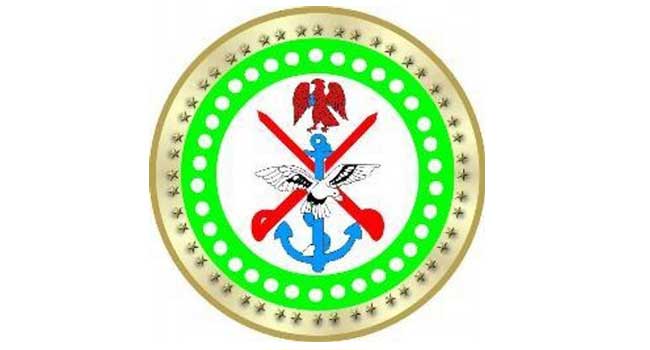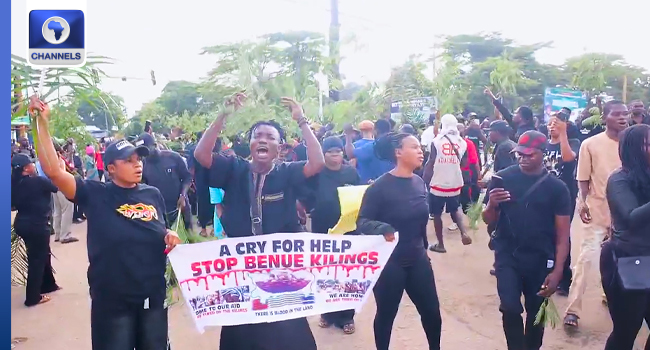The spokesperson for the Senate, Yemi Adaramodu, has maintained that the Federal Government paid no ransom to secure the release of the recently kidnapped victims in Kebbi and Niger state.
Adaramodu made this known on Friday during an interview on Channels Television’s Morning Brief, while reacting to concerns about the lack of visible evidence of confrontation between security operatives and kidnappers during recent rescue operations.
READ ALSO: Niger Abduction: 265 Teachers, Students Still Unaccounted For — Catholic Bishop
The rising frequency of school kidnappings has also intensified debates over the Federal Government’s alleged use of ransom payments, despite repeated denials from officials.
Human rights organisations and community leaders have long argued that opaque rescue operations create room for speculation, especially when victims are released without clear explanations of how they were recovered.
But the senator representing Ekiti South senatorial district believes that negotiations or contact with abductors can take multiple forms, and the public should not expect security agencies to reveal operational details.
“From our side at the National Assembly, we believe the Federal Government did not pay any ransom to anybody,” he said.
“If there is any contact with the bandits, there are several types, negative or positive. It can be through force or persuasion.”
The latest incident in Kebbi and Niger State, where students were seized from their respective schools, renewed public concern about the country’s intelligence gathering and early-warning systems
However, the Senate spokesman has warned against assuming that military engagement did not occur simply because no bodies or images of arrest were presented.
“If you have not seen the corpses of abductors or them being handcuffed from the forest, that does not mean there was no serious exchange of battle,” he stated.
“When abductors realise that superior power is coming, they can abandon their victims and flee.”
Senate To Probe Kebbi School Attack
Responding to questions on the security lapses that preceded the abduction of students from a girls’ secondary school in Kebbi State last week, Adaramodu confirmed that the Senate has established an ad-hoc committee to probe the incident.
He revealed that briefings from the state government and security agencies indicated that soldiers assigned to guard the school reportedly left their duty post shortly before the attackers struck.
“We were made to understand, especially from the government of the state, that the soldiers guarding that place left, and minutes later those people struck and kidnapped our children,” he said.
The death of Brigadier General Musa Uba, who was involved in security operations connected to combating banditry, has also heightened scrutiny of the armed forces’ operational readiness and the risks faced by personnel deployed to volatile areas.
To this, Adaramodu said the committee will also investigate the circumstances that led to the death of the Brigadier General
Security Agencies Will Not Reveal Tactics
According to Adaramodu, the military and other security agencies are not required to provide a public breakdown of their operational strategies.
“The ways and manners of the military, how they rescue victims, cannot and will not be made public,” he said.
“As a security agency, they will not tell us how many bullets they shot or how many guns they lost.”
He emphasised that the priority of both the Senate and the Federal Government is the safe rescue of victims, not the publication of tactical details.
“The job we gave them is to rescue the victims—our girls, our parents, our worshippers,” he said.
“What we know is that they went, they brought back those who were ferried into the forest, and that is what matters.”
He assured Nigerians that the National Assembly will continue to press for accountability while supporting the armed forces in tackling insecurity across the country.





